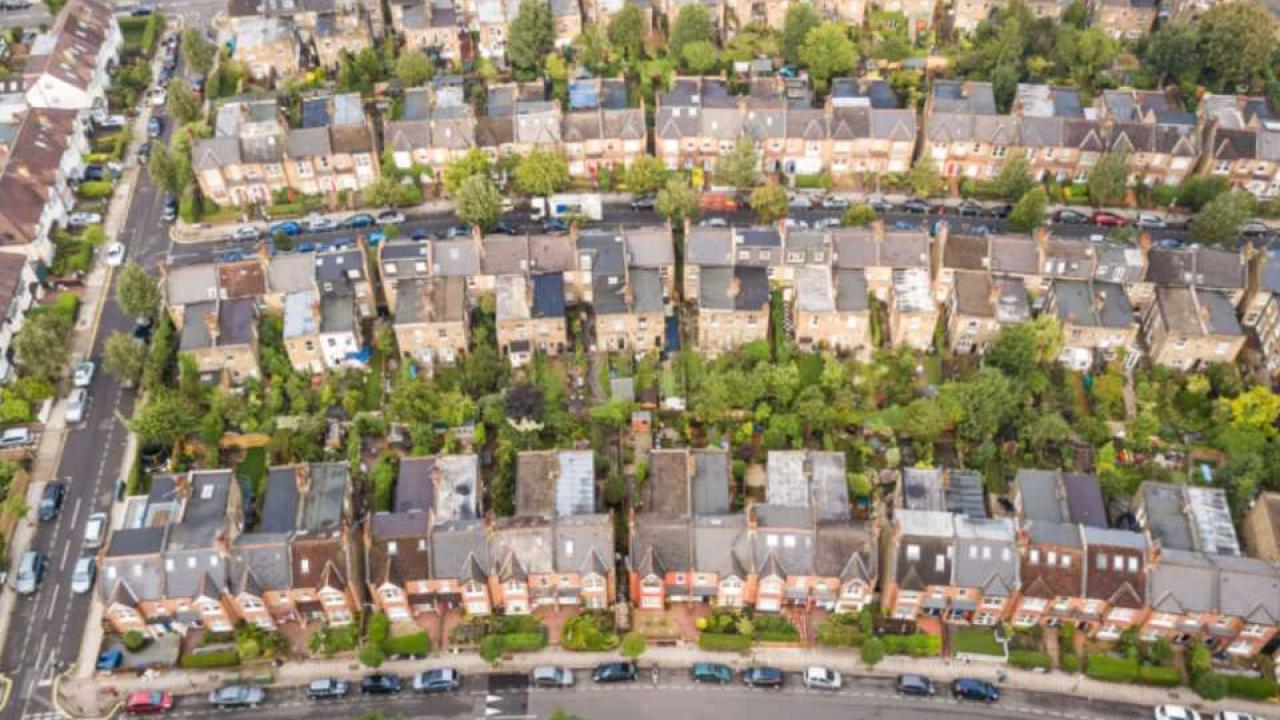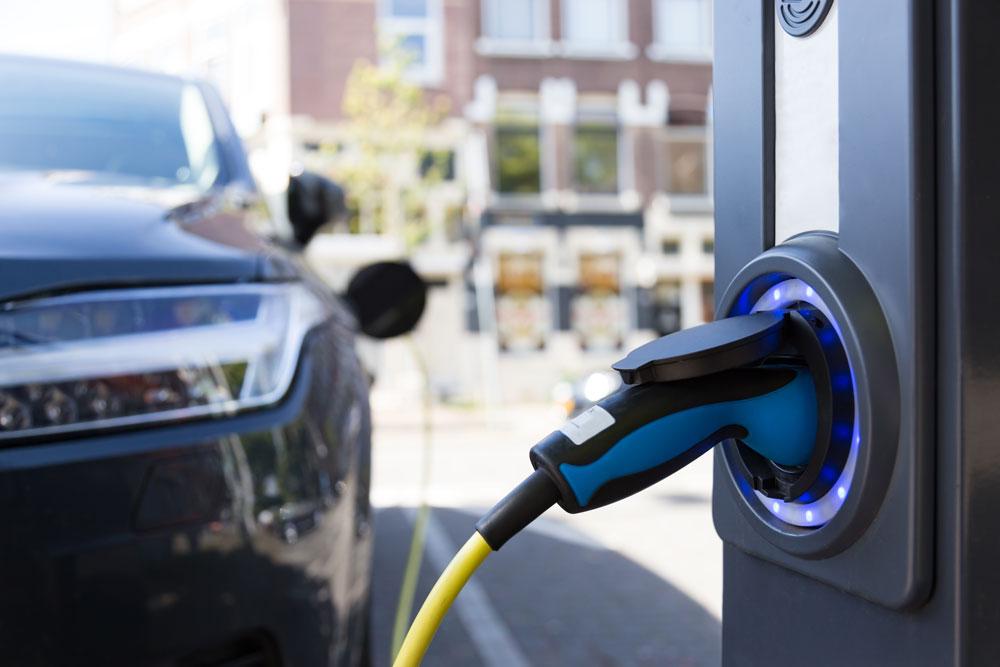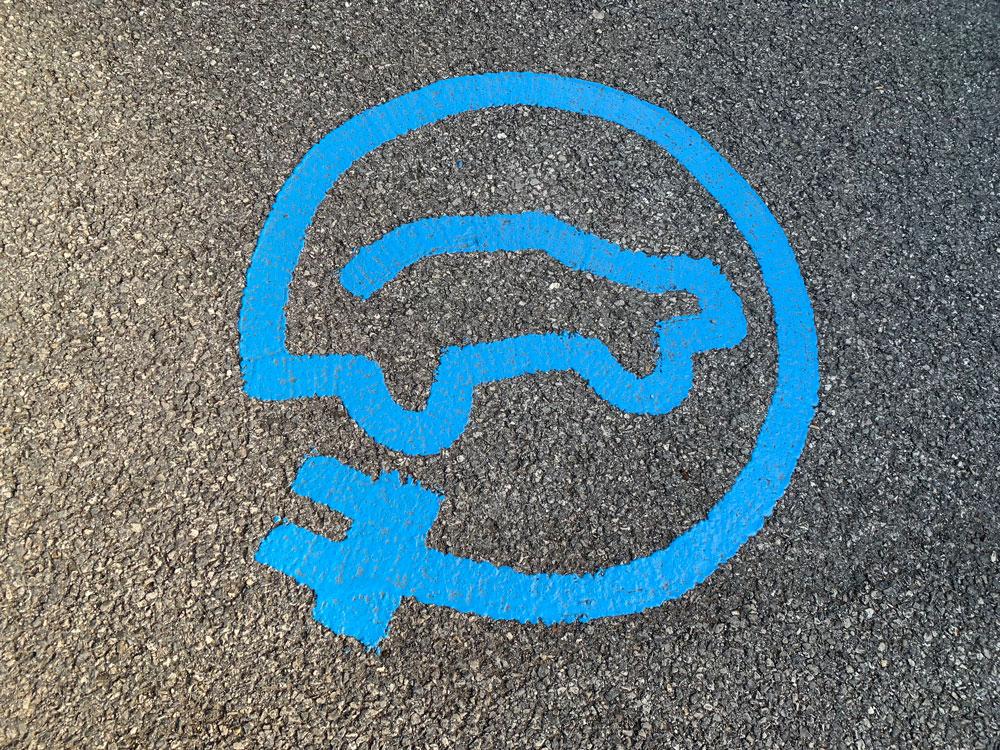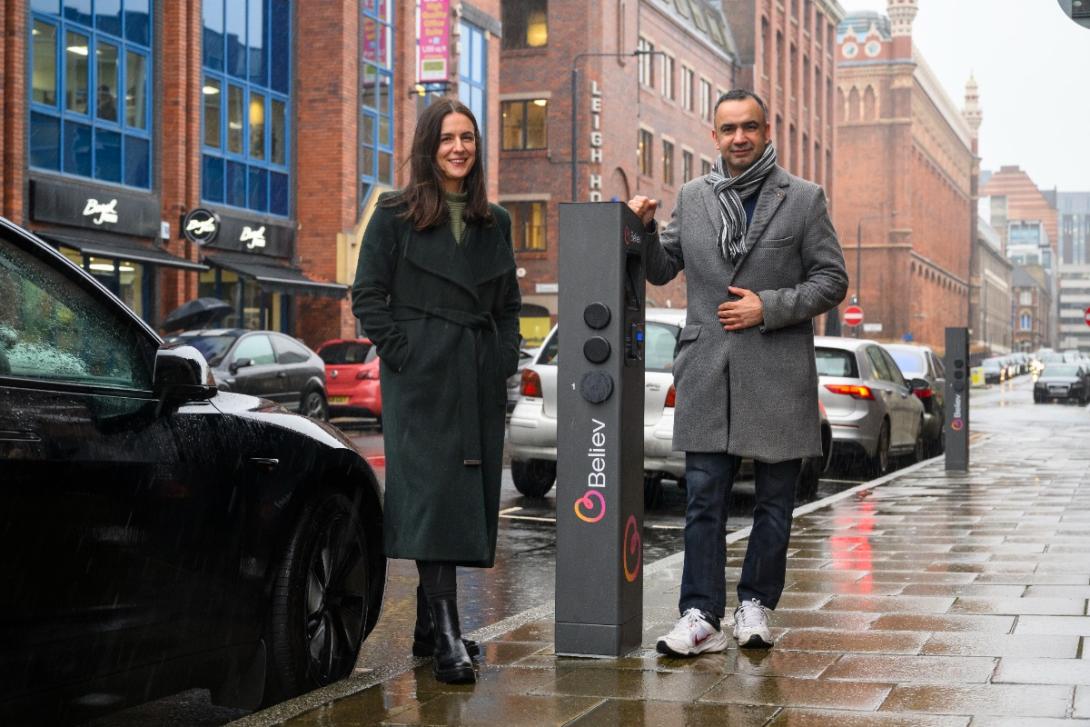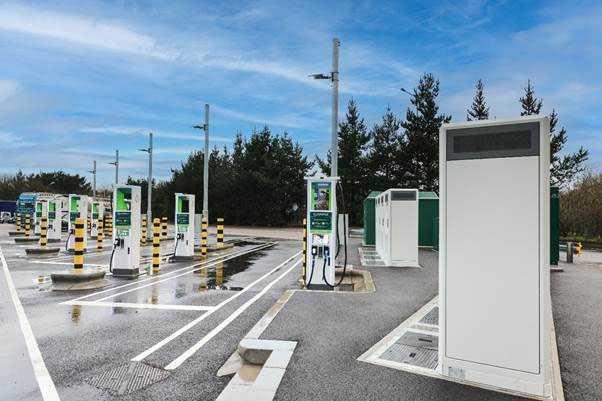UK councils are set to install more than 16,500 electric vehicle (EV) charging points over the next 12 months, according to British Gas, who obtained the information under a Freedom of Information request.
The research revealed that local authorities have installed 16,680 EV charging points to date, with a further 16,563 planned to be installed over the next 12 months.
London reported the highest uplift in charger numbers (101% increase from 7,848 to 15,753) followed the East of England (131% increase from 974 to 2,254), the North West (450% increase from 375 to 2,064), the South West (172% increase from 533 to 1,455) and Wales (101% increase from 394 to 793).
A smaller uplift in chargepoint installations is expected from councils across the South East (98% increase from 1,686 to 3,345), Yorkshire (94% increase from 478 to 931), the North East (83% increase from 424 to 780), the Midlands (67% increase from 1,180 to 2937), and Scotland (40% increase from 2,137 to 3,039).
Despite the planned increases in capacity, the data revealed 24 UK councils currently have no plans to install EV charging points in the next twelve months, the majority (70 per cent) of which are located outside of London and the South East.
Kim Royds, director of EVs at British Gas said: “Electrifying the UK's transport systems is a key component of its journey to net zero, and universal adoption of EVs will only be possible if the charging capacity is there to support it.
“It’s incredibly encouraging to see council investment in public charging infrastructure gather momentum. Local councils have an important role to play in expanding the UK’s EV charging infrastructure, giving drivers access to publicly available chargepoints in every town and city in the UK. Of course, alongside this we will need investment in home charging too in order to ensure that we create a robust charging network that enables everyone to benefit from an electric future.”
The Freedom of Information request was to more than 400 UK councils, of which 195 responded.

